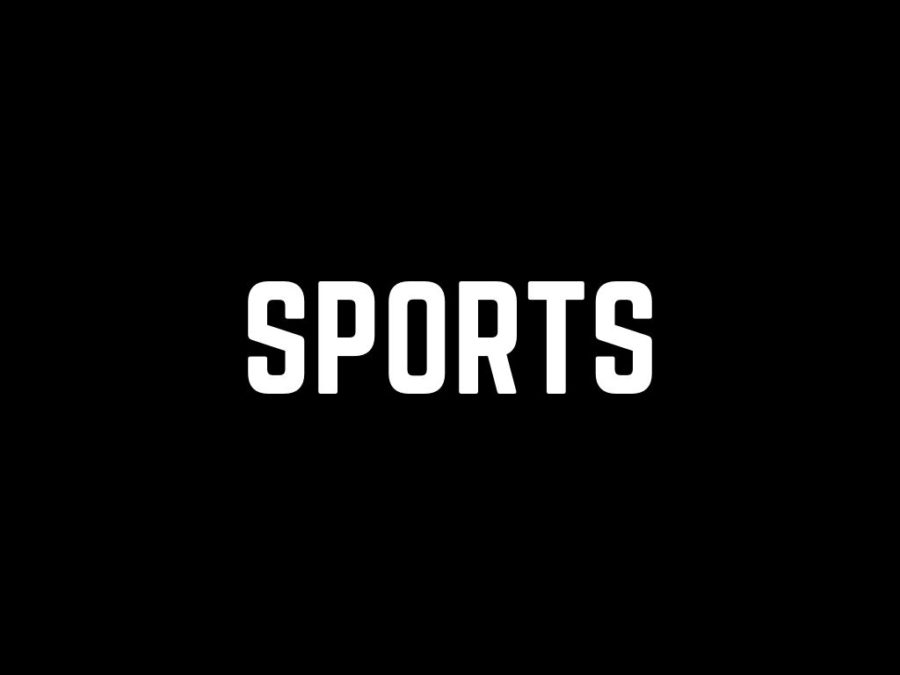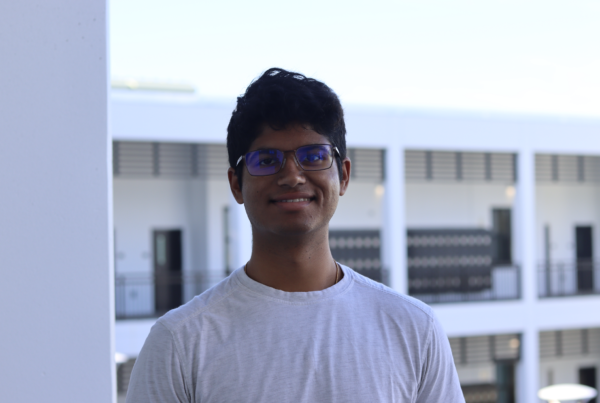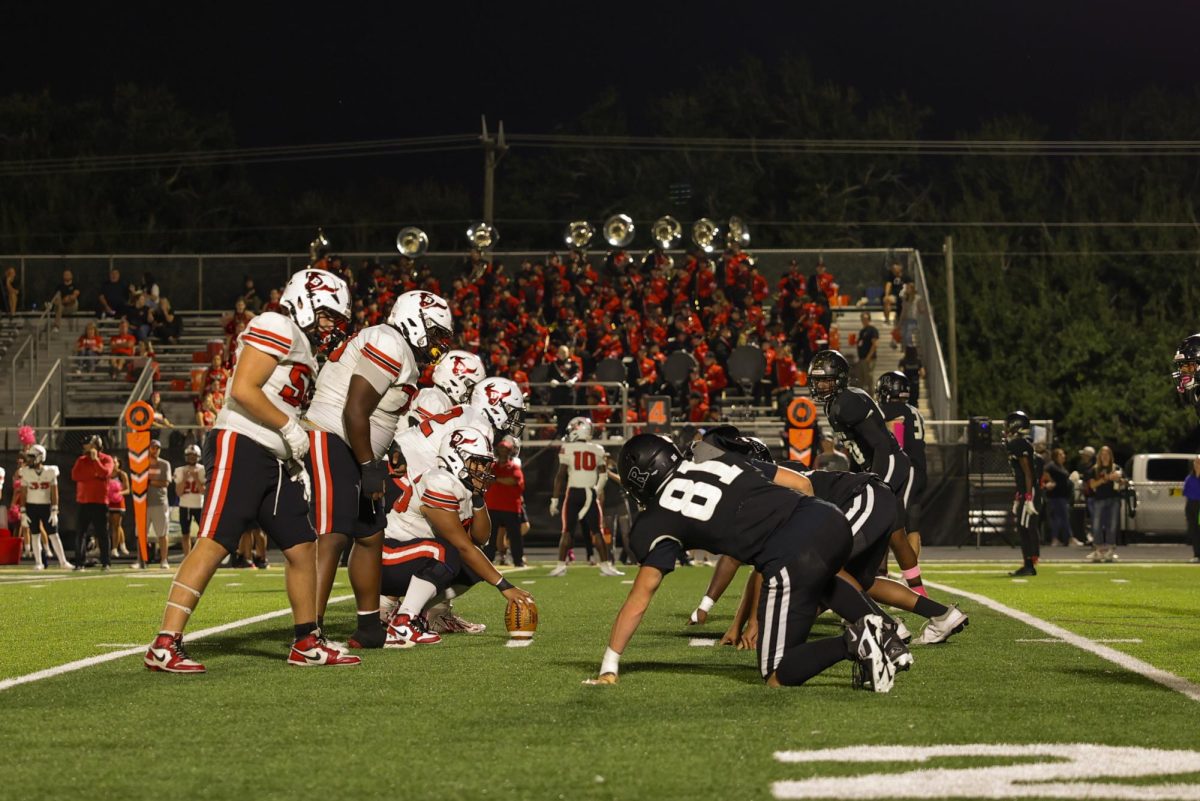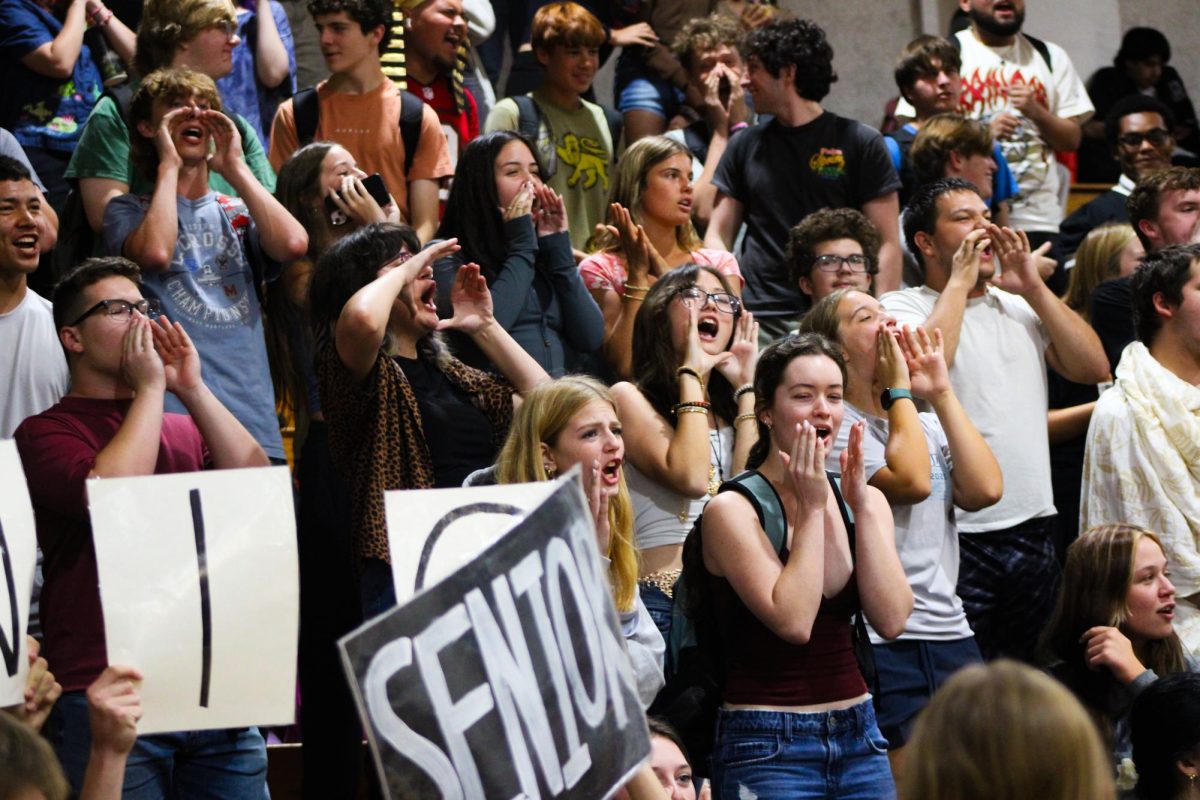Novak Djokovic Deported from Australia Amidst Vaccine Controversy
Novak Djokovic was deported from Australia on the eve of the Australian Open where he was set to defend his title.
Photo RHSToday Staff
This is a featured image for sports stories.
January 24, 2022
With the Australian Open taking place right now, many tennis fans, or even just passive enjoyers of the sport will notice the absence of one man, arguably one of the greatest to ever play the game, Novak Djokovic.
Being an unvaccinated and incredibly influential player, trying to get a visa in a country with some of the strictest COVID-19 restrictions inevitably led to a conflict with the government. On Sunday, Jan. 15th, the Prime Minister of Australia made the decision to reject Djokovic’s visa and deport him for violating the border laws. In order for one to enter Australian borders, one must be vaccinated or have a valid medical reason to be given passage without vaccination.
Greg Hunt, the Health Minister of Australia said, “The rules are very clear. People can enter if they’re vaccinated or if they have a medical exemption. He didn’t have that… Prior infection is not a valid medical exemption.”
Without any exemption or vaccination the laws dictated that Djokovic must be deported. While the laws were a large factor in this conclusion, Djokovic’s wide influence was also factored into this decision. In a written statement from the three judges who upheld the Prime Minister’s decision to deport Djokovic, they cited his influence upon younger people and citizens who were unsure about being vaccinated as another reason for his deportation.
“The possible influence on the second group comes from common sense and human experience: An iconic world tennis star may influence people of all ages, young or old, but perhaps especially the young and the impressionable, to emulate him. This is not fanciful; it does not need evidence,” the ruling said.
Following his deportation, Djokovic was also slapped with a three-year visa ban which could preclude him from participating in the next few Australian Opens. While this was worrisome for the tennis superstar, Australian Prime Minister Scott Morrison helped assuage some of these fears in an interview with the 2GB Australian Radio Station.
“[The ban] does go over a three-year period, but there is the opportunity for them to return in the right circumstances and that would be considered at the time,” said Morrison.
Djokovic missing Australia is huge blow to him and his quest of setting the grand slam record, but this may not be the end of his vaccination troubles. With the passing of France’s new vaccine law Djokovic’s contention in the French Open is now in doubt too.
According to ESPN, “France’s vaccine pass law, approved by parliament on Sunday, will require people to have a certificate of vaccination to enter public places such as sports venues, restaurants, cafes, cinemas and long-distance trains.”
While this law seemingly bars Djokovic from participating in Roland Garros, the French Ministry puts out a slightly more hopeful message for this tennis icon.
“Now, as far as Roland Garros is concerned, it’s in May. The situation may change between now and then and we hope that it will be more [favorable]. So we’ll see, but clearly there’s no exemption,” said the Ministry.











